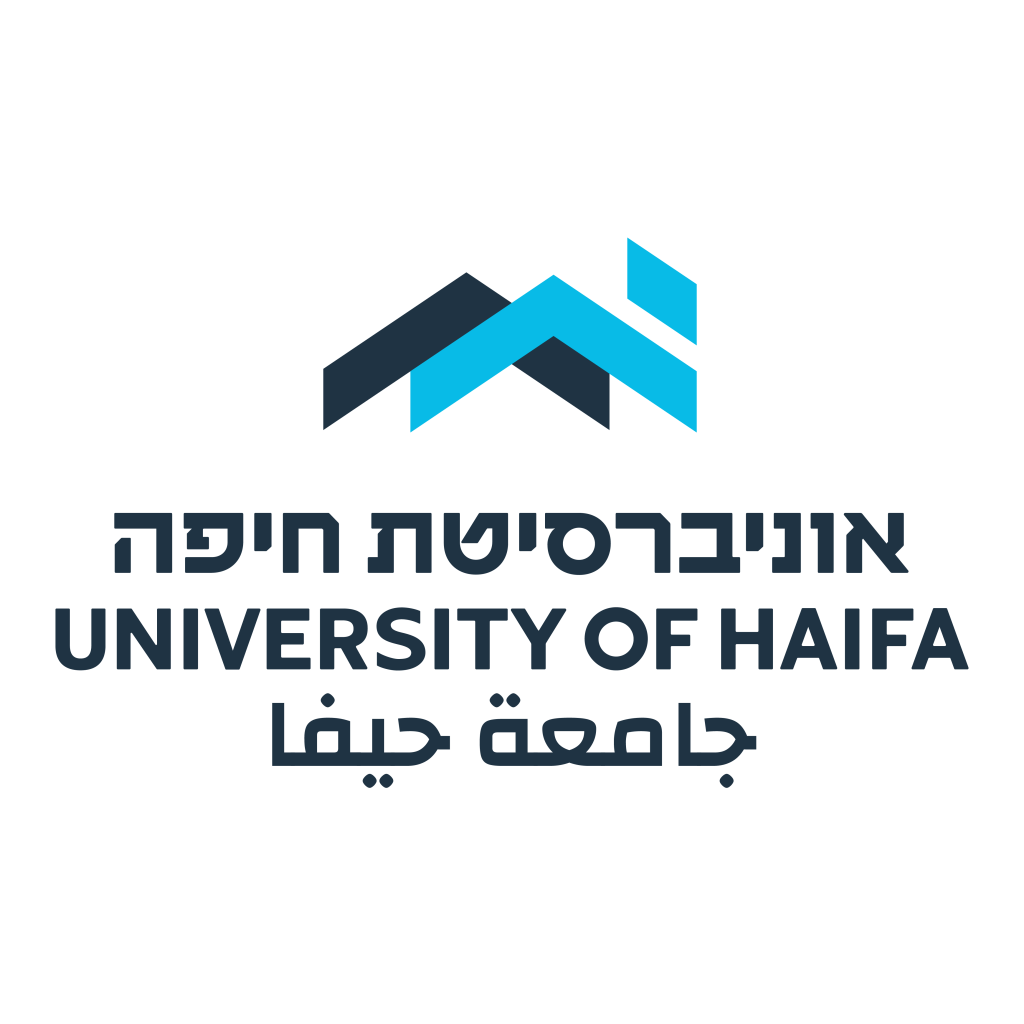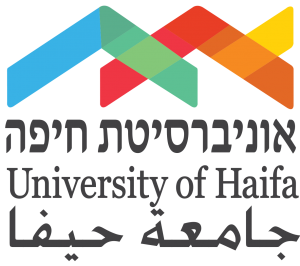
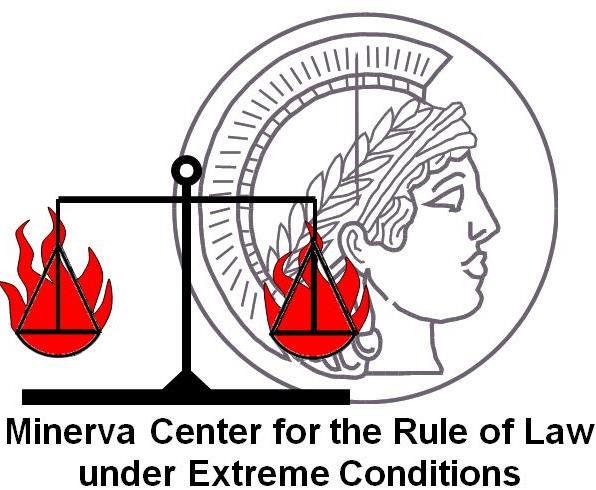
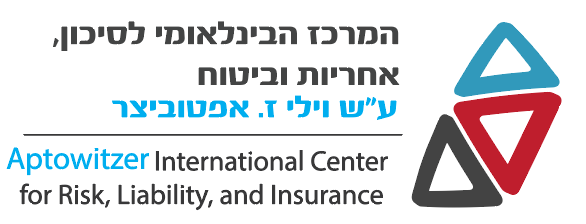
The War in Ukraine: The Rule of Law under Extreme Conditions
Participants

H.E. Yevgen Korniychuk – Ambassador of Ukraine to the State of Israel
Mr. Yevgen Korniychuk was appointed Ambassador of Ukraine to the State of Israel in October 2020. Previously, Mr. Korniychuk was General Director of private corporate investment fund “Kyiv Global LLC”. From December 2007 until March 2010, he served as First Deputy Minister of Justice of Ukraine. He was also Member of the Supervisory Board of “Naftogaz of Ukraine”(National Joint Stock Company) and Member of the High Qualification Commission of the Judges of Ukraine. Over the period 2006-2008, Mr. Korniychuk was Member of the Parliament of Ukraine. He worked also as a lecturer at the Diplomatic Academy at the MFA of Ukraine. He started his diplomatic career as Vice-consul, Consul of the Consulate General of Ukraine in New-York, USA; and continued as Counsellor in the division of USA and Canada; and Head of the Division of international treaties of the Legal-Treaty department of the MFA of Ukraine.
H.E. Korniychuk holds a PhD in International Public Law in 2009 from Kyiv Institute of State and Law. He graduated from the Kyiv State University, School of Law (J.D., 1996); Southern Methodist University, School of Law, Dallas, Texas, USA (LL.M, 1998)

Prof. Eli Salzberger
Eli M. Salzberger was the Dean of the Faculty of Law at the University of Haifa and the President of the European Association for Law and Economics. He is a graduate of the Hebrew University Faculty of Law (1st in class). He clerked for Chief Justices Aharon Barak and Dorit Beinish. He wrote his doctorate at Oxford University on the economic analysis of the doctrine of separation of powers. His research and teaching areas are legal theory and philosophy, economic analysis of law, legal ethics, cyberspace and the Israeli Supreme Court. He has published more than 40 scientific articles. His latest book (co-authored with Niva Elkin-Koren) is The Law and Economics of Intellectual Property in the Digital Age: The Limits of Analysis (Routledge 2012), preceded by Law, Economic and Cyberspace (Edward Elgar 2004). He was a member of the board of directors of the Association for Civil Rights in Israel, of the public council of the Israeli Democracy Institute and of a State commission for reform in performers’ rights in Israel. He was awarded various grants and fellowships, among them Rothschild, Minerva, GIF, ISF, Fulbright, ORS and British Council. Salzberger was a visiting professor at various universities including Princeton, University of Hamburg, Humboldt University, University of Torino, Miami Law School, University of St. Galen and UCLA. Currently he is the director of the Haifa Center for German and European Studies, the director of the Minerva Center for the Study of the Rule of Law under Extreme Conditions and he is the co-director of the International Academy for Judges at the University of Haifa Faculty of Law.
Panel I – General Questions of International Law

Prof. Dr. Stefan Oeter
Stefan Oeter is a full Professor for German and Comparative Public Law and Public International Law, Managing Director of the Institute of International Affairs, University of Hamburg Law School (since 1999); studied law at the universities of Heidelberg and Montpellier; 1987-1997 research fellow at the Max Planck Institute for Comparative Public and Public International Law, Heidelberg; 1990 Dr. iur. utr. (Heidelberg); Chairman (since 2006) of the Independent Committee of Experts of the European Charter for Regional or Minority Languages (Council of Europe); Member of the Scientific Advisory Board of the Federal Ministry of Transport; President of the Historical Commission, International Society for Military Law and the Laws of War; Member of the Permanent Court of Arbitration; research mainly in comparative federalism, minority protection and human rights law, humanitarian law, European and international economic law, theory of international law and international relations.

Prof. David Kretzmer
David Kretzmer is Professor Emeritus of International Law at the Hebrew University of Jerusalem. He has been a visiting professor at Columbia University, Tulane University, University of Southern California and the Fletcher School of Tufts University.
From 1995-2002 David was a member of the Human Rights Committee that monitors compliance with the International Covenant on Civil and Political Rights, serving as vice-chairperson of the Committee in 2001 and 2002.
David’s main fields of research are constitutional law, human rights and international humanitarian law. His books include The Occupation of Justice: The Supreme Court of Israel and the Occupied Territories (SUNY Press, 2002); The Concept of Human Dignity in Human Rights Discourse (edited together with E. Klein) (Kluwer International, 2002) and The Legal Status of the Arabs in Israel (2nd edition in Arabic, 2002). A second, expanded, edition of The Occupation of Justice (written together with Yäel Ronen) was published by OUP in February 2021.
Alongside his academic work David has been active in NGO work and has appeared before the Israel Supreme Court in human rights cases.
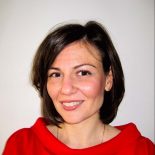
Dr. Maria Varaki
Maria Varaki is a lecturer in international law at the War Studies department, King’s College London. Before moving to London she held research positions with the Erik Castren Institute of International Law and Human Rights in Helsinki and the Law Faculty of Hebrew University in Jerusalem. Immediate before she was an Assistant Professor in International Law at Kadir Has University, Faculty of Law in Istanbul.
She holds a PhD in International Criminal Law from the Irish Centre for Human Rights in Galway, Ireland and two LLM degrees in International and Comparative Law, one from Tulane University, School of Law and one from New York University, School of Law. Additionally, she has worked for the OHCHR in Geneva, the UNHCR in New York and for the Legal Advisory section of the Office of the Prosecutor of the International Criminal Court in the Hague. Since November 2017 she is member of the ILA Committee on human rights in times of emergency.

Dr. François Delerue
François Delerue is an Assistant Professor of Law and a member of the Jean Monnet Centre of Excellence for Law and Automation (Lawtomation) at IE University. He is also an Associate Fellow of The Hague Program on International Cyber Security and the GEODE Center (Paris 8 University). Additionally, he is a Co-chair of the Committee on Digital Challenges for International Law for the preparation of the 150th Anniversary Conference of the International Law Association. Prior to joining IE University, Dr. Delerue worked as a Senior Researcher in Cybersecurity Governance at Leiden University and as a Research Fellow in Cyberdefense and International Law at the Institute for Strategic Research (Insitut de Recherche Stratégique de l’École Militaire – IRSEM, Paris, France) of the French Ministry of Defense. His book ‘Cyber Operations and International Law’ was published by Cambridge University Press in 2020 and was awarded the 2021 Book Prize of the European Society for International Law.
Panel II –Ukraine as a Global Crisis: Refugees, Food Security, and the Climate / Energy Nexus
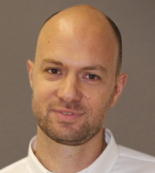
Prof. Itamar Mann
Itamar Mann’s research is in international law and political theory. He teaches international law and a number of related courses, including an elective on law and terrorism, environmental law, and a seminar on human rights.
Before moving to Haifa, he was the national security law fellow and an adjunct professor at Georgetown Law Center, Washington DC. He holds an LLB from Tel Aviv University, and LLM and JSD degrees from Yale Law School.
Alongside teaching and research, he provides pro-bono consultancy to several human rights organizations, and is a member of the legal action committee at GLAN (Global Legal Action Network). He previously provided services to Human Rights Watch and the Open Society Justice Initiative on issues related to refugee and migration law in Europe. Itamar is a member of the Israel Bar and have practiced human rights and criminal defense law.
His book, Humanity at Sea: Maritime Migration and the Foundations of International Law, came out with Cambridge University Press in 2016.
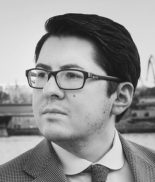
Mr. Vladislav Davidzon
Vladislav Davidzon is a nonresident fellow at the Atlantic Council’s Eurasia Center. He is the European culture correspondent for Tablet Magazine in Paris, France. In 2015, Davidzon founded the Odessa Review and served as its chief editor until July 2018. While he was with Odessa Review, Davidzon helped publish 13 quarterly issues over the course of his tenure at the magazine. His work has been featured in numerous publications, including the Wall Street Journal, NY Post, The Spectator, Washington Examiner, Bookforum World Policy Journal, the New York Observer, and the American Interest. Davidzon holds a master’s degree in human rights and democratization from the European Inter-University Centre for Human Rights in Italy and earned his bachelor’s degree at the City University of New York. He is the author of From Odessa With Love.

Dr. Reuven (Ruvi) Ziegler
Ruvi Ziegler is Associate Professor in International Refugee Law at the University of Reading, School of Law, where he is the Director of Postgraduate Taught Programmes and co-Chair of the LGBT+ staff network. Ruvi is an Associate Academic Fellow of the Honourable Society of the Inner Temple; Research Associate of the Refuge Studies Centre, University of Oxford; Editor of the Reporter and Co-convenor of the Migration and Asylum Section of the Society of Legal Scholars; Senior Research Associate of the Refugee Law Initiative (Institute for Advance Legal Study, University of London) and Editor-in-Chief of its Working Paper Series. He is a Visiting Professor at the University of Johannesburg and at the Hebrew University in Jerusalem. Ruvi’s public engagements include serving as Chair of the Board of Trustees of New Europeans Association UK; Chair of the Oxford European Association; A Britain in Europe academic expert; and an advisory council member of Rene Cassin. Previously, Ruvi was a visiting researcher at Harvard Law School’s Immigration and Refugee Clinic and with the Human Rights Program; and a Tutor in Public International Law at Oxford. Ruvi is the author of Voting Rights of Refugees (Cambridge University Press, 2017). Ruvi’s areas of research interest include International Refugee Law, Electoral Rights and citizenship, Comparative Constitutional Law, and International Humanitarian Law. Ruvi holds DPhil, MPhil, and BCL degrees from Oxford University. For more information see: www.reading.ac.uk/law/about/staff/r-ziegler.aspx. Follow Ruvi on twitter @ruviz
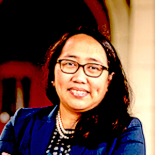
Prof. Dr. Diane A. Desierto
Diane Desierto is Professor of Law and Global Affairs, Faculty Director of the LLM in International Human Rights Law, at Notre Dame Law School, with a joint appointment as full tenured Professor at the Keough School of Global Affairs of the University of Notre Dame (USA), where she is a Faculty Fellow at five Institutes (Klau, Kellogg, Liu, Pulte, Nanovic), where she teaches, publishes, and practices in the areas of international law, international human rights law, international economic law, ASEAN law, maritime security, and international dispute resolution. She is concurrently Professor of International Law at the Philippines Judicial Academy of the Supreme Court of the Philippines. Professor Desierto is former Chair and current Member of the United Nations Expert Group on the Right to Development, Philippines Focal Point for the International Criminal Court Bar Association, and President of the Friends of the Hague Academy of International Law Foundation. She is an Editorial Board Member at the European Journal of International Law, the Journal of World Investment and Trade, International Law Studies, and Guest Editor on International Law and Human Rights for the international journal, Laws.
Panel III – Economic Warfare

Prof. Amnon Reichman
Amnon Reichman is a full Professor at the faculty of law, University of Haifa and a co-Principal Investigator (PI) of the Minerva Center for the Rule of Law Under Extreme Conditions at the University of Haifa. In 2016 Prof. Reichman served as the President of the Israeli Law and Society Association. He specializes in public law (constitutional law and administrative law), and his areas of expertise include models of regulation, neo-institutionalism, separation of powers, theories of judicial review, human rights, and comparative constitutional and administrative law. He is the founder and chair of the Research Forum on the Rule of Law (faculty of law), and heads the graduate program (LL.M.) that specializes in civil and administrative law. He taught and developed the syllabus for the legal segment of the graduate program in Emergency and Disaster Management (Geography Department). Professor Reichman is the recipient of numerous grants and awards, including the Israeli Science Foundation (ISF). He is a member of the European Group of Public Law, and has taught in several leading institutions, including UC Berkeley (Boalt Hall), Yeshiva University (Cardozo School of Law) and the Center for Judicial Studies (University of Reno, Nevada). He holds an LLB (Cum Laude) from the Hebrew University in Jerusalem (1994), an LL.M. from the University of California at Berkeley (Boalt Hall) (1996) and an S.J.D from the University of Toronto (2000). He conducted his post-graduate studies at the Center for Ethics and the Professions at Harvard University (2001). Prior to his graduate studies, professor Reichman clerked for the Hon. Justice Aharaon Barak at the Supreme Court of Israel (1995).
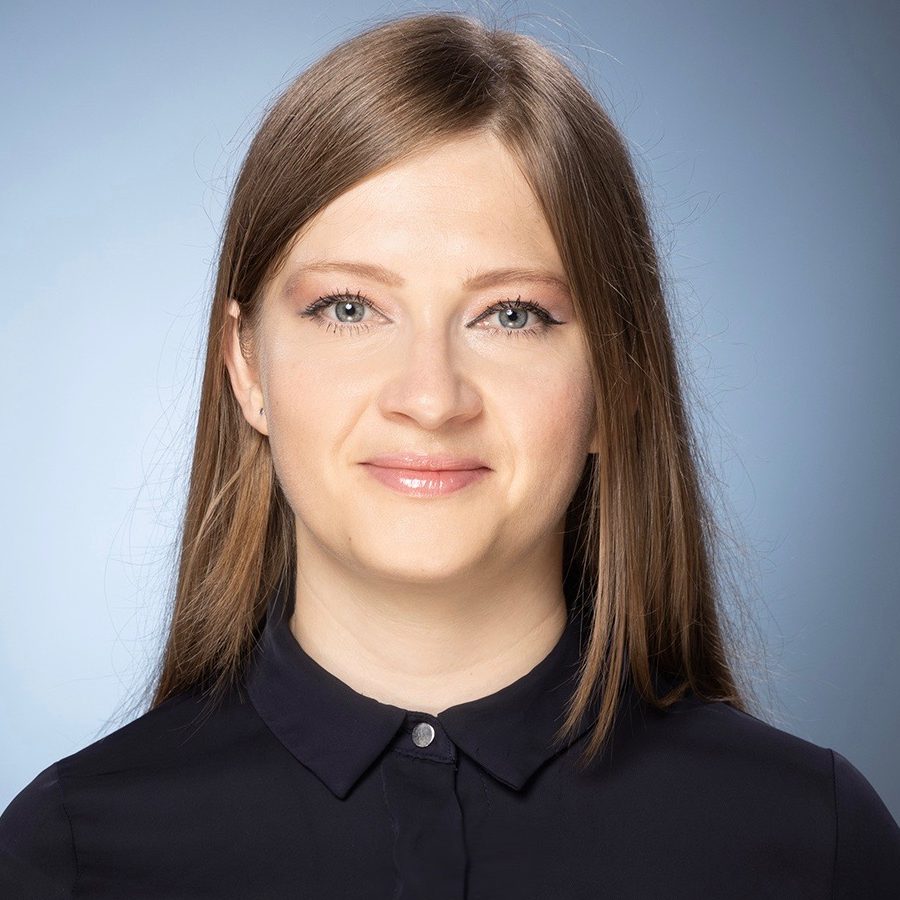
Dr. Iryna Bogdanova
Iryna Bogdanova is a postdoctoral researcher at the World Trade Institute (WTI), University of Berne. In 2020, she was awarded a PhD degree (Summa cum Laude) by the Faculty of Law of the University of Berne. Her research was financed by the Swiss National Science Foundation and has been published as a book in July 2022 (https://brill.com/view/title/61713?language=en).
Iryna’s previous working experiences are diverse and range from work in the private sector to work in international organizations. Iryna was a legal trainee at the Appellate Body Secretariat of the World Trade Organization. Prior to that, she worked as a consultant at a leading European law firm and as a legal and corporate affairs manager for a multinational corporation.
Iryna graduated from the Master of International Law and Economics Program at the WTI, University of Berne. She received her bachelor’s and master’s diplomas from the National University of Kyiv-Mohyla Academy, Ukraine.
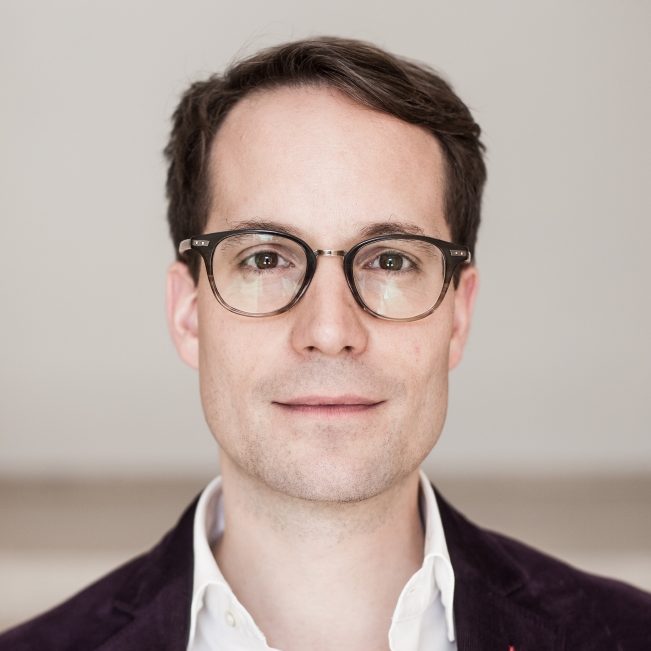
Dr. Matthias Goldmann
Matthias Goldmann, Dr. iur., LL.M. (NYU), is Chair of International Law at EBS University Wiesbaden and a Senior Research Fellow at the Max Planck Institute for Comparative Public Law and International Law in Heidelberg. Previously, he worked as a Junior Professor at Goethe University Frankfurt. His research focuses on questions of public law and finance, economic constitutionalism, and international law and organizations. He has served as an editor and editor-in-chief of the German Law Journal.
Concluding remarks
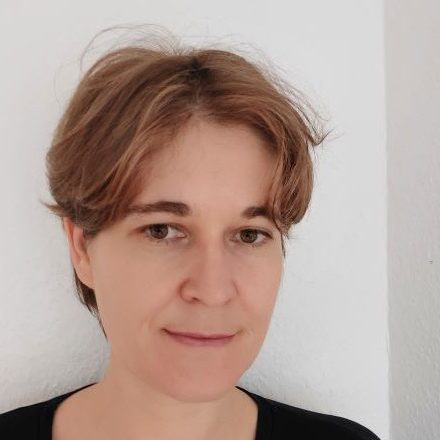
Prof. Dr. Michaela Hailbronner
Michaela Hailbronner is a Professor of Public Law and Human Rights at the University of Giessen. Michaela completed two German law degrees at the University of Freiburg and the Kammergericht of Berlin before doing an LL.M. and a J.S.D. (doctorate) at Yale Law School (LL.M. 2010 and J.S.D. 2013). Her analysis of German constitutionalism against a broader comparative background appeared in a paper that won the I.CON Inaugural Best Paper Award 2014 and in her first book Traditions and Transformations: The Rise of German Constitutionalism (Oxford University Press, 2015). Her more recent work has been in the field of comparative constitutional law and human rights, appearing inter alia in the American Journal of Comparative Law and the University of Toronto Law Journal. She is currently working on a book project on public law perspectives on institutional failure.
